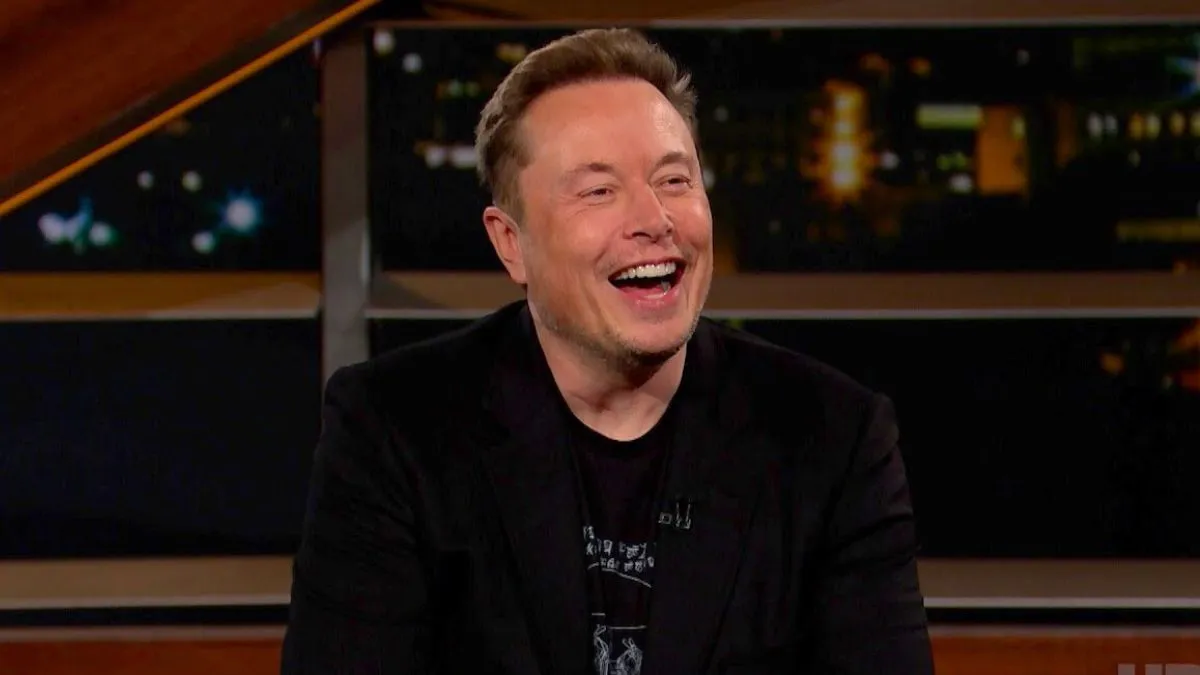The question of whether billionaires should play a role in politics has always been a controversial one, but Elon Musk and Donald Trump have brought these concerns to the forefront like never before during Trump’s recent campaign.
Elon Musk, being the world’s richest man, is no stranger to controversy, and his support for Trump was no exception. Reports show that Musk spent a whopping $300 million on the election—pocket change for him, but it’s the way that money was used that raised eyebrows. Musk, as always, seems to find ways to navigate around the law’s grey areas, often putting himself in the spotlight for the wrong reasons.
In 2024, Musk founded the America PAC, a Super PAC designed to back Trump’s campaign. For context, a Super PAC can raise unlimited amounts of money to support a campaign but can’t directly donate to the candidate. Musk used his Super PAC to run ads for Trump leading up to the election, but what really made headlines was Musk’s creation of a petition to support First and Second Amendment rights—freedom of speech and the right to bear arms.
Here’s where things got interesting: Musk’s America PAC promised a $47 reward for every person who referred a registered voter to the petition. That wasn’t all—Musk also announced he would hand out checks worth $1 million daily to eligible petition signers until the election. The reward per referral was increased to $100. Musk even handed out the first million-dollar check in Pennsylvania and continued distributing checks to others, but the giveaway didn’t go unnoticed. Philadelphia District Attorney Larry Krasner filed a lawsuit against Musk and the PAC, claiming the giveaway was a “political marketing masquerading as a lottery.” Musk’s lawyer defended the program by stating that the winners were chosen based on their potential as spokespersons for the PAC, not randomly.
While Musk’s legal team prevailed in court, the legality of the giveaway was still questionable. The fine print of Musk’s giveaway raised a lot of doubts. Although Musk promised money to those who signed the petition, the condition that signers be registered voters brought up legal concerns. While paying people to register to vote is illegal, the giveaway seemed to offer an indirect incentive for voter registration. This grey area was one Musk was able to exploit, but the question remained: Did Musk really send out all that money?
Reports from the PAC showed that over 87,000 checks had been sent out, with another 100,000 ready to be mailed. However, a Fox 43 report uncovered something odd: some people who hadn’t signed the petition, like one woman named Jeanie Fermier, received checks anyway. This raised suspicions that Musk might be buying signatures or using voter data to pad the petition. But it’s more likely that Fermier was a victim of fraud, with someone using her information to claim the reward.
In the end, while Musk managed to navigate legal loopholes and push the boundaries of political influence, the whole affair left many questioning the ethics of billionaires using their wealth to sway politics, even in ways that seem to teeter on the edge of legality.




